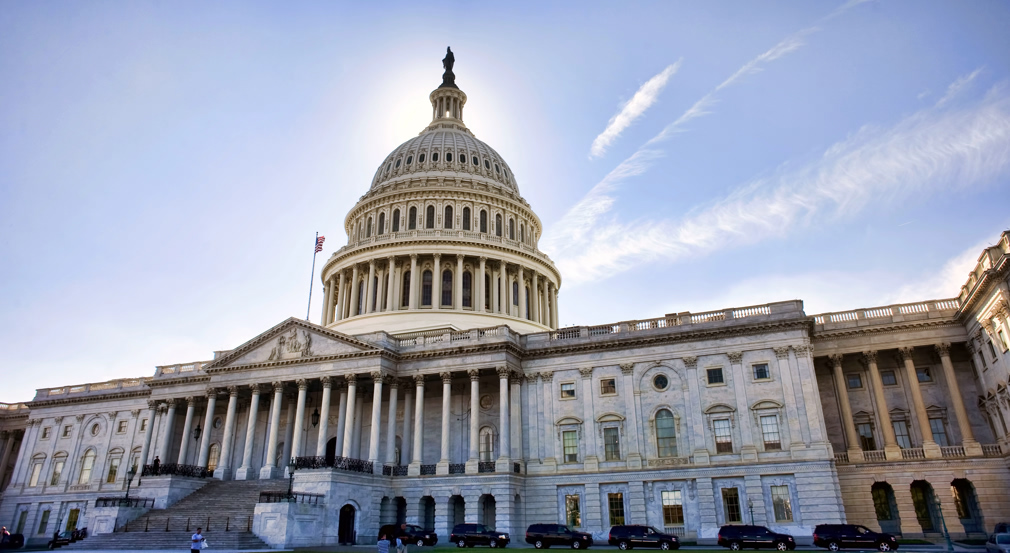The Senate approved $320 billion of additional funding on Tuesday for the Paycheck Protection Program that aims to provide loans to small businesses crippled by coronavirus shutdowns, with $60 billion earmarked this time for community banks and small lenders.
The package also included an additional $75 billion for hospitals, with a big chunk going to rural areas that are just beginning to get hit with COVID-19 infections, plus $25 billion to expand COVID-19 testing nationwide and $60 billion in emergency disaster loans and grants.
The bill passed the Senate by unanimous consent, meaning members did not have to return to Washington for a rollcall vote.
Two weeks ago, Democrats in the Senate blocked a stripped-down bill Majority Leader Mitch McConnell (R-KY) tried to pass that provided $250 billion of additional funding for PPP without addressing funding for hospitals or testing.
Since then, Treasury Secretary Steven Mnuchin has been negotiating with Speaker Nancy Pelosi (D-CA) to work out a deal that will win approval in the House of Representatives.
Pelosi and Senate Minority Leader Chuck Schumer (D-NY) issued a joint statement on Wednesday saying they supported the bill after the additions of the set-aside of some of the PPP funds for small lenders and the provisions for front-line hospitals and COVID-19 testing.
It now heads to the House where Pelosi has said it will pass, though she won’t be able to use the same legislative maneuver McConnell used that avoided the need of having members return to the nation’s capital. Pelosi has instructed members to be in Washington D.C. on Thursday ready to vote in person.
Last month, Pelosi also was forced to call members back to the House Chamber to establish a quorum to pass the $2.2 trillion CARES Act after one member said he would force a recorded vote on the coronavirus relief bill.
While members tried during last month’s vote to practice social distancing – with some sitting six feet apart in the balcony, an area usually reserved for visitors – several representatives later tested positive for COVID-19.
In early March, when House members objected in a Democratic caucus meeting to being forced to be in Washington to vote during the worst pandemic in more than a century, Pelosi told them: “We are the captains of the ship – we are the last to leave.”






